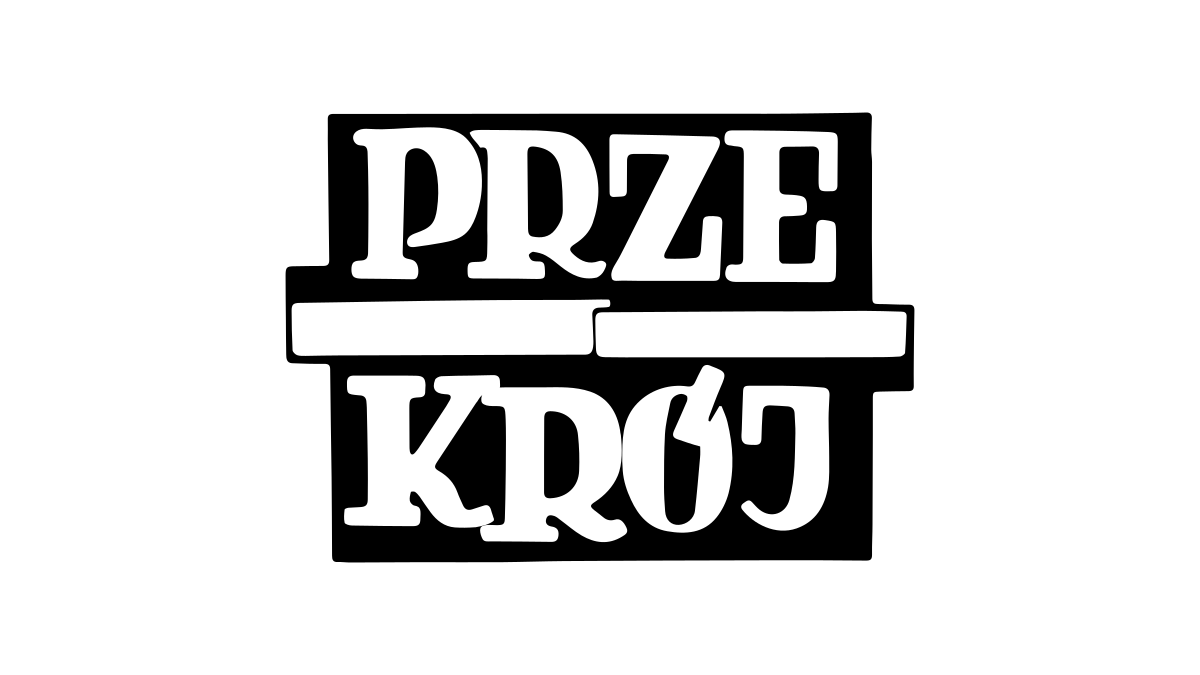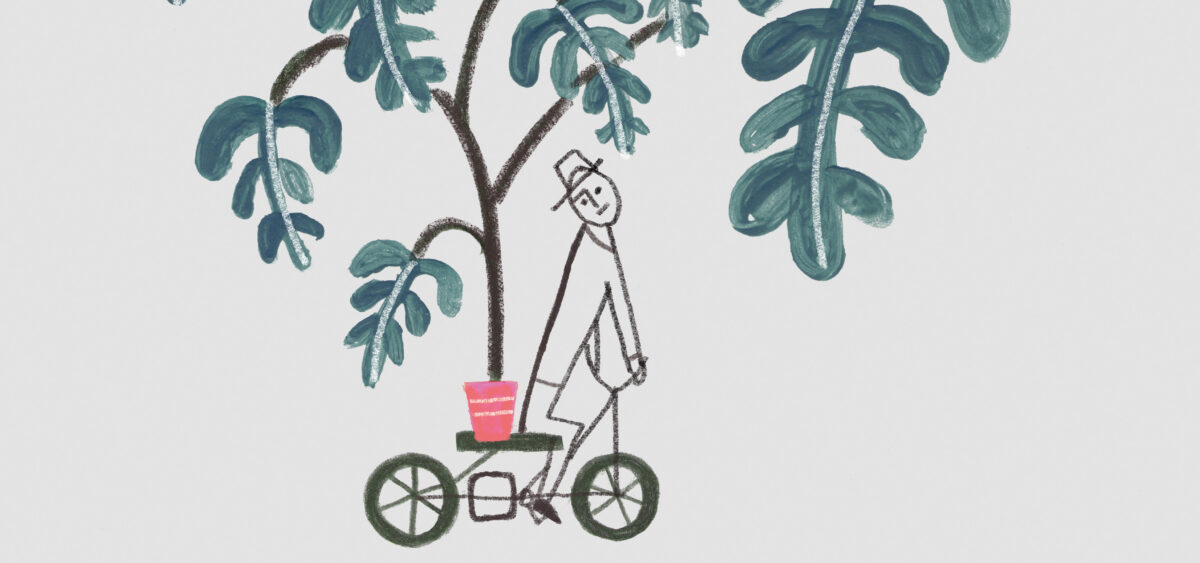
Both the history of anti-capitalism and agriculture are long and multi-faceted. They were brought together by John Seymour – a man known as the ‘father of self-sufficiency’.
To leave the city and one’s dead-end job, which Leviathan feeds on, move to the countryside, and live off the land – such a vision, when transformed into reality by inexperienced people, often caused great disillusionment. In 1976, however, British enthusiasts of this idea found necessary guidance in John Seymour’s The Complete Book of Self-Sufficiency, which sold millions of copies. Even though this book hasn’t led to far-reaching changes, it still remains a useful guide to sustainable living. Seymour was a writer, activist and ecologist who authored 41 books, but it was thanks to this particular one that he earned his name as a visionary of self-sufficiency and opponent of the culture of excess, with its detrimental impact on the environment.
Although Seymour came from a well-off, bourgeois family, as a child he was exposed to communal living. After his parents divorced, he moved with his mother from London to the small seaside town Frinton-on-Sea. He could see there that the life of his less affluent neighbours, fishermen and farmers was organized through close collaboration. Seymour’s childhood fascination with country life affected his future decisions: he left schools that were supposed to prepare him for high-profile jobs and transferred to Wye College in Kent, which he never graduated from. At the age of 20, he went to Africa.
African ways of life
W








